13 Reasons Why is a fictional Netflix series that chronicles the events that led a 17-year-old high school student to commit suicide. Narrated by Hannah, the girl who took her own life, the series has become a pop culture phenomenon – and has sparked significant controversy. Many medical groups, mental health experts and parents have sharply criticized the series for being an irresponsible depiction of suicide and its aftermath.
Hundreds of schools have sent home letters warning parents that the show glamorizes suicide. (The opening scene shows Hannah’s locker, decorated after her death, with notes saying how lovely she was and how much she is missed.) New Zealand’s movie rating organization created a new rating to discourage parents from allowing teens to watch it without supervision. The National Association of School Psychologists recommends that “vulnerable youth” avoid watching the series altogether.
At Rosewood, we share those concerns. Suicide is the third leading cause of death for 10 to 24 year olds, according to the U.S. Centers for Disease Control and Prevention. Suicide is a real and significant risk, particularly among our patients struggling with eating disorders and co-occurring mental health or substance abuse disorders.
In the series, Hannah tells the story from beyond the grave of who led her to commit suicide – as viewers watch each of the characters who had hurt her suffering with guilt and remorse for the role they played in her death.
“This is a dangerous and unrealistic message,” said Dr. Ash A. Rupp, Psy.D., program director for the Partial Hospital Program (PHP) at Rosewood Center for Eating Disorders Capri. “You don’t get to narrate your own death. It’s final, and you don’t get to see your friends weeping for you.”
The show also fails to address mental illness and depression, major contributors to suicide in almost all cases, she added.
Yet with 13 Reasons Why renewed for a second season, many more teens are going to watch it – with or without their parent’s knowledge. We urge parents to find out if their teen has viewed the series or read the book that the show is based on, and let them know you’re available to talk.
We recommend having a discussion with your child about what they’ve seen. “There are many unrealistic aspects of this show. But one part that rings true is that Hannah’s parents had no idea what was going on in their teen’s world,” Rupp said. “Hannah didn’t tell them. We know with eating disorders, teens also don’t often tell their parents and take steps to hide their behavior and their struggle.”
If teens watch the series, watch it with them, she advises. “For parents, the show will not be easy to watch. It deals with graphic depictions of sexual assault, bullying and substance abuse,” Rupp said. “Even if watching the show is uncomfortable, you’re better off knowing what they’ve seen. It may open the door to important discussions.”








